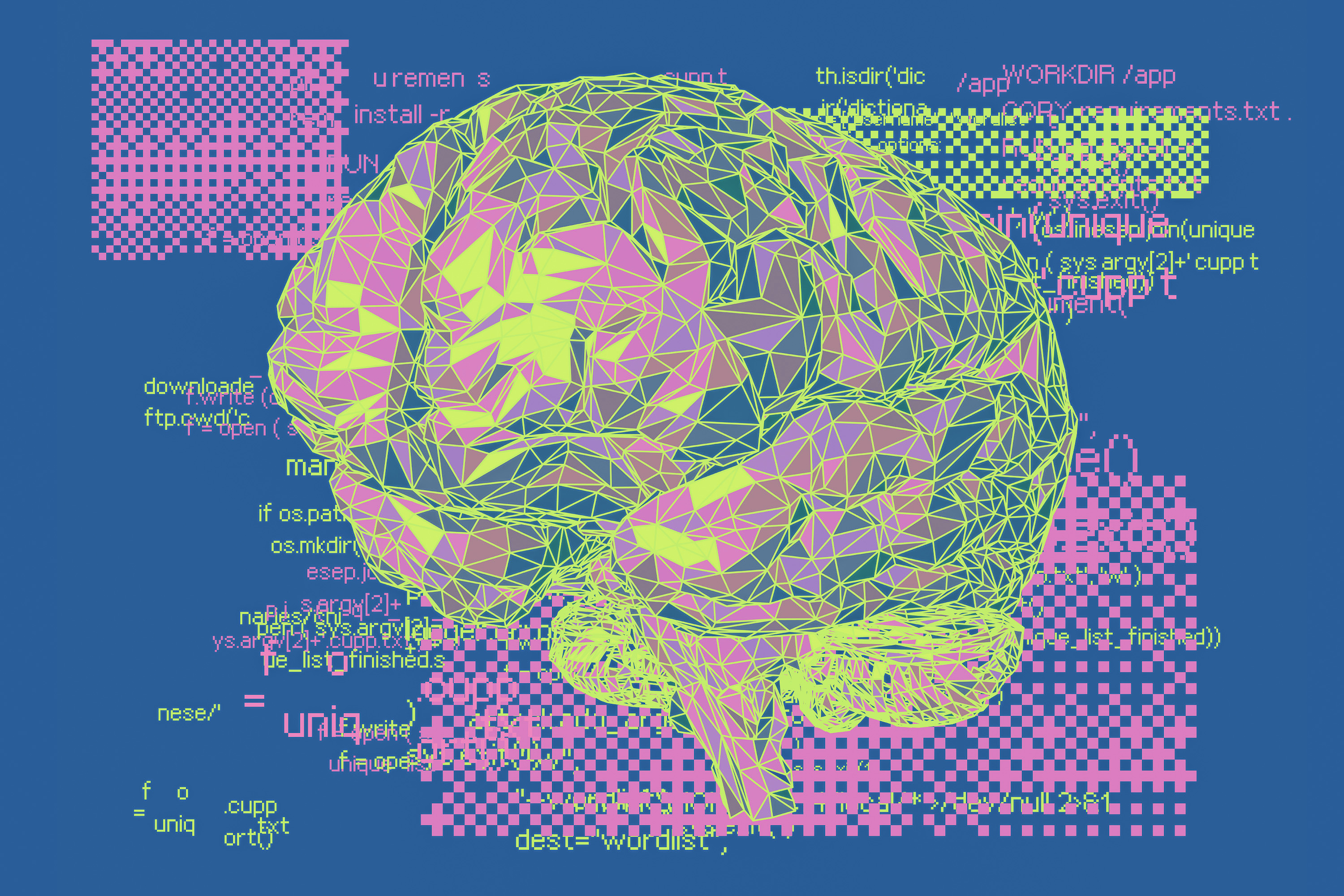
In an attempt to combat fake news, YouTube boss Susan Wojcicki has stated that her platform will add bits of information from Wikipedia to some of its more controversial videos during the SXSW festival. Wikipedia itself, and the rest of the web, were unpleasantly surprised by this announcement. That is, for YouTube, owned by hyper-rich Alphabet, to enlist Wikipedia, a not-particularly-rich non-profit, to solve its own fake news problems, seems to betray a strange mixture of desperation and indolence. More importantly, this move could threaten Wikipedia’s relatively neutral position in all of today’s online information wars.
Wikipedia has been around since the inception of the World Wide Web and has developed an unrivalled status as the web’s most common source of, mostly, reliable information. While other platforms are plagued by trolls, fake news and other scandals, Wikipedia remains untouched by the infocalypse. Apparently, its old-school system built around user-generated, moderated content still works and, as such, it is a prime example of how a decentralized application can actually succeed. Indeed, the very reason why Wikipedia works is that it is non-profit and relies on volunteers; there is little reason to doubt its motivations and ambitions.
When YouTubes, or other actors in search of credibility, start to use Wikipedia for their own ends, there’s a serious risk for the platform to lose its neutral position and, for instance, increasingly come under fire from trolls and bots. If so, it remains to be seen whether Wikipedia has the means to survive and how it can find funding without becoming suspect itself.

